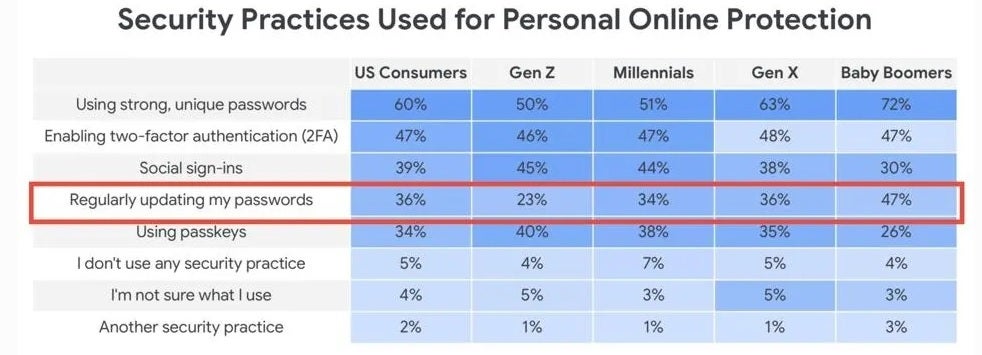Google issues warning to all 2.5 billion Gmail users (UPDATE)
Those using the Gmail app should change their password for security reasons, says Google

UPDATE: Google has reached out to us with the following statement:
"We want to reassure our users that Gmail’s protections are strong and effective. Several inaccurate claims surfaced recently that incorrectly stated that we issued a broad warning to all Gmail users about a major Gmail security issue. This is entirely false.
While it’s always the case that phishers are looking for ways to infiltrate inboxes, our protections continue to block more than 99.9% of phishing and malware attempts from reaching users.
Security is such an important item for all companies, all customers, all users — we take this work incredibly seriously. Our teams invest heavily, innovate constantly, and communicate clearly about the risks and protections we have in place. It’s crucial that conversation in this space is accurate and factual.
As best practices for additional protection, we encourage users to use a secure password alternative like Passkeys, and to follow these best practices to spot and report phishing attacks."
Security is such an important item for all companies, all customers, all users — we take this work incredibly seriously. Our teams invest heavily, innovate constantly, and communicate clearly about the risks and protections we have in place. It’s crucial that conversation in this space is accurate and factual.
The original story starts here...
With over 2.5 billion active users worldwide, Google's Gmail app would be one of the apps that attackers would love to hack. Last month, Google said, "attackers are intensifying their phishing and credential theft methods," which together make up 37% of "successful intrusions." Google warns Gmail users that they need to change their passwords to have their Gmail account secured.
Making matters worse, hackers are making phone calls and sending emails to Gmail account holders pretending to be Google Support. This has proven to be quite effective. Two-factor authentication is not perfect. The Hackers will go phishing hoping that you are not wary enough and that you'll tap a link that takes you to a bogus sign-in page. If you're not paying attention, you might fill out that page with personal information such as your password, social security number and more. That info goes right to the bad actors who know ways to steal 2FA codes.

Only 36% of U.S. consumers update their password regularly says Google. | Image credit-Google, Morning Consult
Google notes that even though passwords can be stolen, guessed, or forgotten, 64% of people do not change their passwords regularly. This means that most Gmail users should change their passwords now if they haven't at all this year. They should continue to do so every now and then. Instead of using a password manager on a browser like Chrome, a standalone password manager is suggested. After you change your Gmail password and save it, you should change your 2FA to an authenticator app that generates single-use codes to verify your identity.
Do you regularly update your Gmail password?
Yes. It is important to secure my personal data.
22.63%
No. I want to be able to remember my password.
77.37%
If you don't have a passkey, create one. A passkey can be the biometric tool you use to unlock your phone such as your fingerprint, or facial recognition. It can also be a PIN. Passkeys are more resistant to phishing since the user can't be tricked into turning over a passkey to a bad actor. Only 34% of U.S. consumers are using passkeys. If you are using a device with a passkey and a sign-in prompt asks for a password, that is a big warning not to sign-in at all. Also keep in mind that you should never sign-in with a link even if it appears that the link came from Google.
Follow us on Google News












Things that are NOT allowed:
To help keep our community safe and free from spam, we apply temporary limits to newly created accounts: